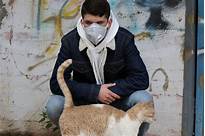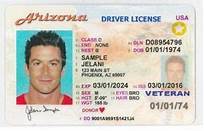Can Pets Carry COVID-19?
The COVID-19 pandemic has raised concerns about the potential for pets to carry the virus and transmit it to humans. While there is some evidence that pets can become infected with COVID-19, the risk of them transmitting the virus to humans is considered to be low.

What is the Evidence that Pets Can Carry COVID-19?
There have been a small number of cases in which pets have tested positive for COVID-19. These cases have been primarily limited to animals that have had close contact with infected humans.
In one study, researchers tested 102 cats and dogs that had been exposed to COVID-19-positive humans. Of these animals, 8% tested positive for the virus. However, none of the animals showed any clinical signs of illness.
Another study found that cats and ferrets can become infected with COVID-19 and shed the virus in their saliva and feces. However, the study also found that the amount of virus shed by these animals was low and that it is unlikely to be enough to cause infection in humans.
Can Pets Transmit COVID-19 to Humans?
There is no evidence that pets can transmit COVID-19 to humans. The virus is primarily spread through respiratory droplets that are produced when an infected person coughs, sneezes, or talks. These droplets can be inhaled by other people who are in close contact with the infected person.
Pets can become infected with COVID-19, but they are not likely to shed enough virus to cause infection in humans. In the studies that have been conducted, the amount of virus shed by infected pets has been very low.
How Can I Protect My Pet from COVID-19?
There are a number of things you can do to protect your pet from COVID-19:
- Keep your pet indoors as much as possible.
- Avoid contact between your pet and people who are sick.
- If you are sick, wear a mask when you are around your pet.
- Wash your hands frequently and avoid touching your face.
- If you think your pet may have been exposed to COVID-19, contact your veterinarian.
What Should I Do If My Pet Tests Positive for COVID-19?
If your pet tests positive for COVID-19, you should:
- Isolate your pet from other animals and people.
- Contact your veterinarian for further instructions.
- Monitor your pet for any signs of illness.
- If your pet develops any symptoms of illness, contact your veterinarian immediately.
The COVID-19 pandemic is a serious situation, but there is no need to panic. By taking precautions, you can help protect your pet and yourself from the virus.
Declaration: All article resources on this website, unless otherwise specified or labeled, are collected from online resources. If the content on this website infringes on the legitimate rights and interests of the original author, you can contact this website to delete it.





